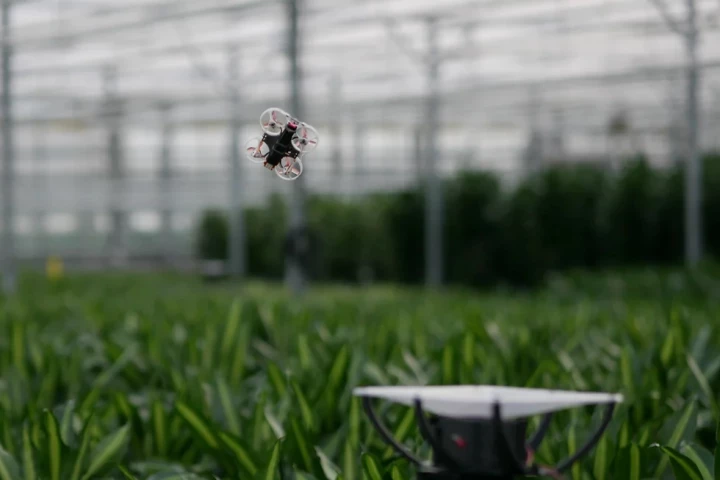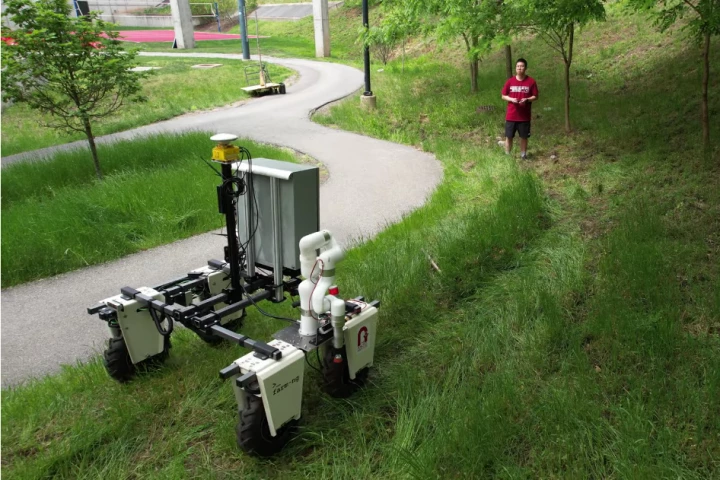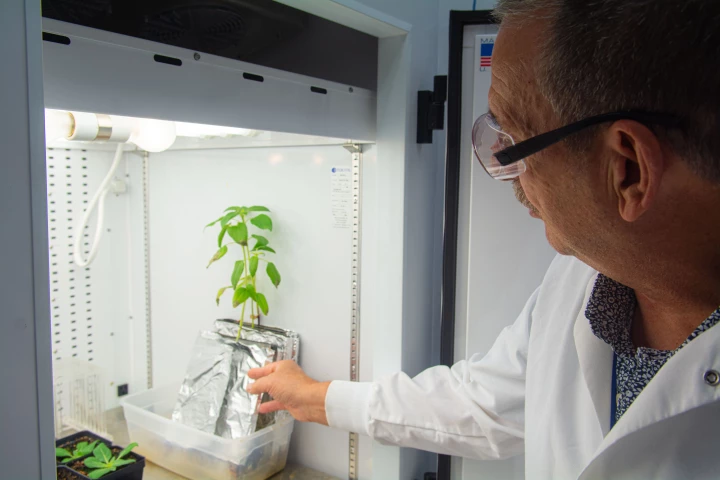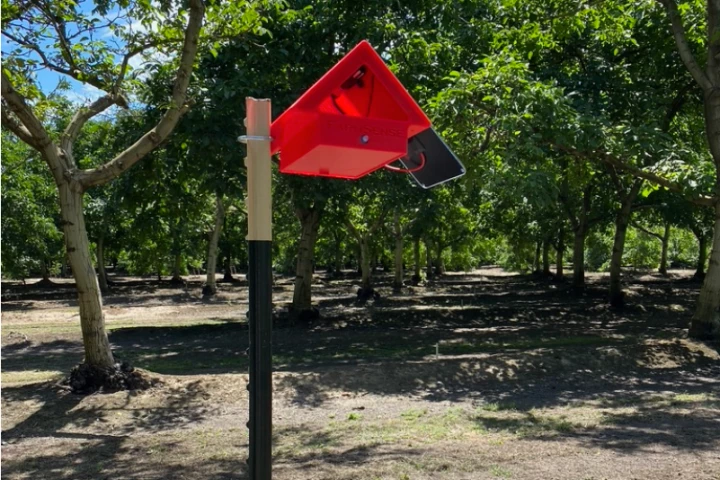Pests
-
Just like their field-dwelling counterparts, plants grown in greenhouses are preyed upon by flying insects. The Dutch-designed PATS system is designed to help, by sending tiny drones to chop those insects up in mid-air.
-
The spotted lanternfly is a serious invasive pest, causing considerable damage to crops such as apples, grapes and hops. That's why it's important to destroy the insect's eggs – which is exactly what the TartanPest robot is designed to do.
-
It's a sad fact that even though bees are essential to pollinating crops, they're also harmed by the pesticides used on those very same plants. Thanks to a new discovery, however, a bee-friendly pesticide could soon be cheaper and easier to produce.
-
It would certainly be logical to think that plants don't do well when exposed to forest fire smoke. New research, however, suggests that certain crops get hardier and more disease-resistant when liquid smoke is added to the soil.
-
It is believed that parasitic varroa mites may be one of the main causes of colony collapse disorder, which is decimating honeybee colonies. There may be hope, however, as a new chemical has been found to eradicate the mites without harming the bees.
-
Instead of using insecticides, farmers will sometimes cover their plants with a mesh fabric. A new such material has now been developed, which keeps out a wider range of bugs while still allowing crops to get enough sunlight and water.
-
In East Africa and other regions, potato crops are currently threatened by a worm known as the potato cyst nematode. There could be new hope for protecting the plants, however, in the form of biodegradable paper made from banana waste.
-
Tiki Brand shifts gears from the torches nearly synonymous with its name and strings up a full strand of outdoor lights complete with silent, odorless mosquito repellent diffusers. The lights create a warming ambiance while fighting off pests.
-
If farmers know what sort of pest insects are present in their crops – and in what numbers – they can avoid excessive use of pesticides. The FarmSense system was created to provide that information, via a network of Smart Traps.
-
Although insects may ruin crops, the use of traditional pesticides can definitely harm the environment. Spanish scientists have now developed a possible alternative to those chemicals, in the form of plants that produce insect-confusing pheromones.
-
Research has found a common pesticide may promote obesity by slowing the calorie-burning ability of certain fat cells. The animal study indicates chlorpyrifos, to be banned in the US, promotes food intake and suppresses thermogenesis in brown fat.
-
After years of court battles the EPA has announced it will ban agricultural uses of chlorpyrifos, a pesticide suspected of causing health problems in children. The ban comes into effect in six months, with a further review of non-food uses to follow.
Load More











